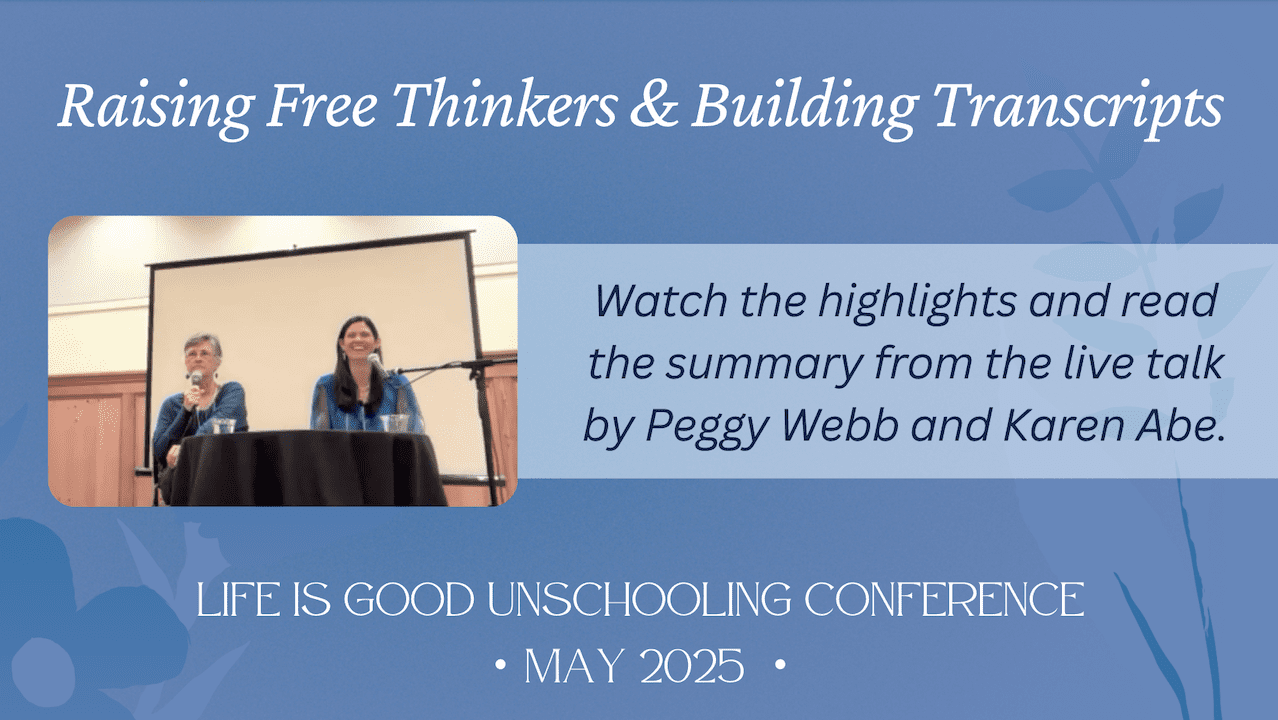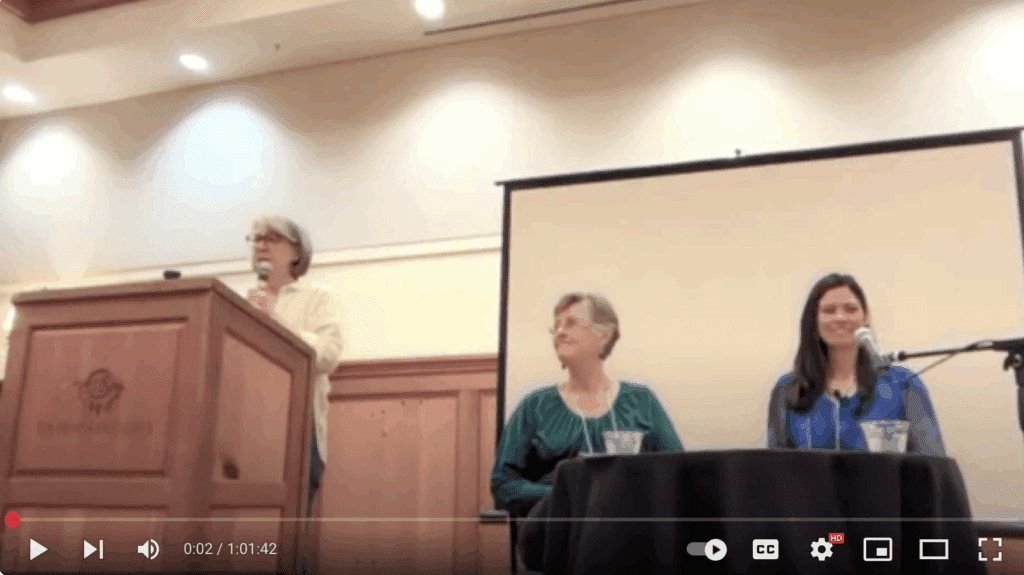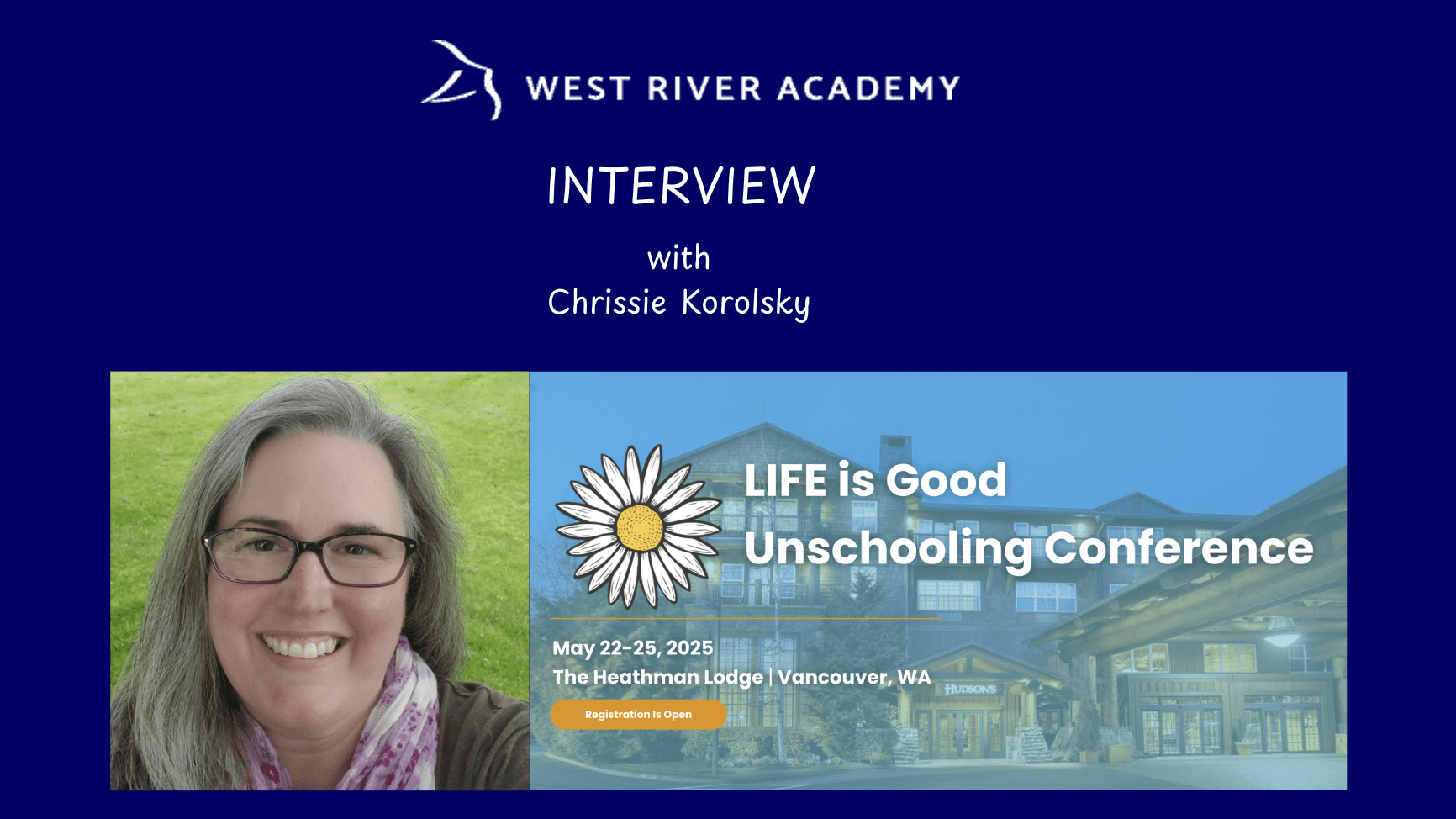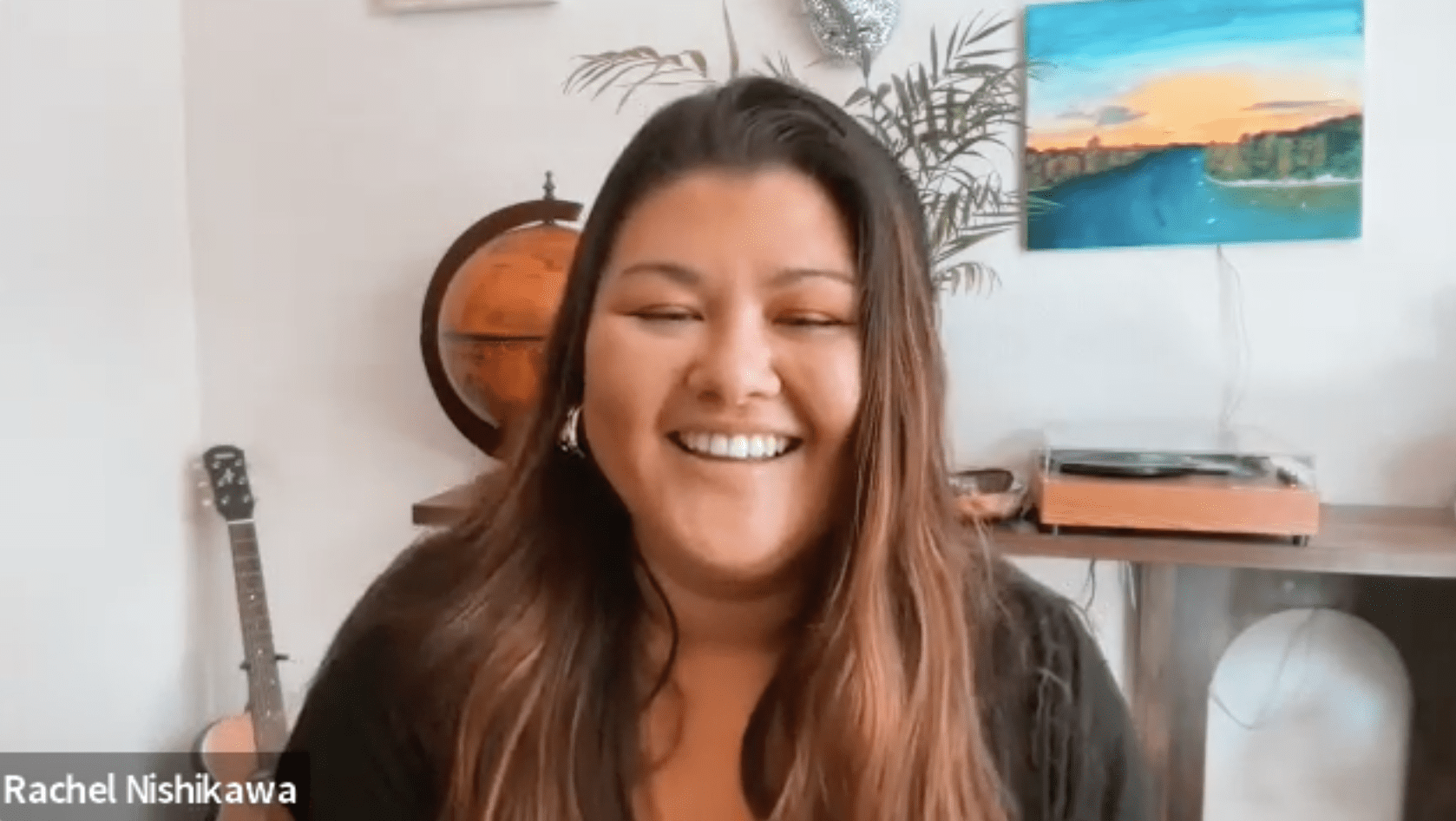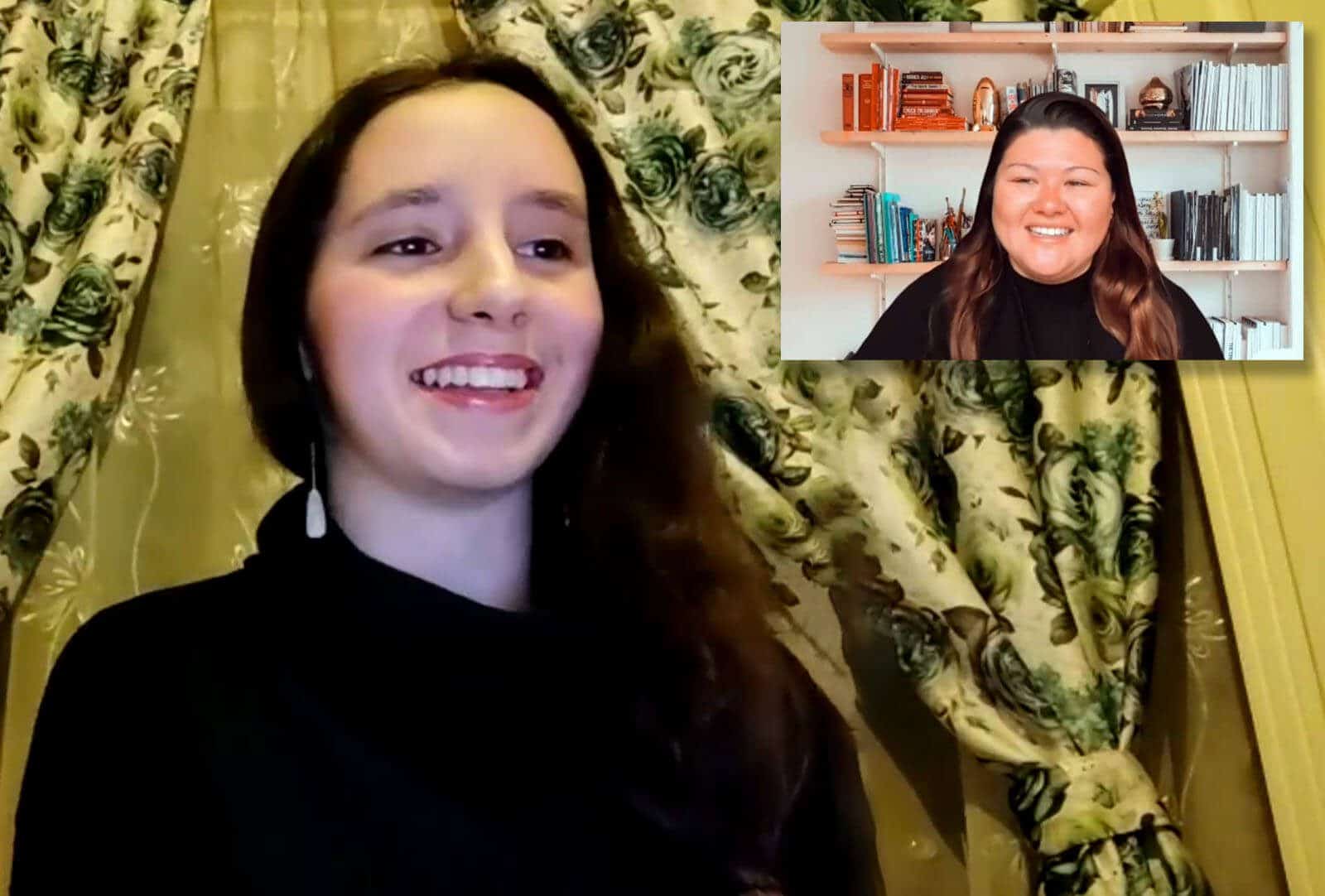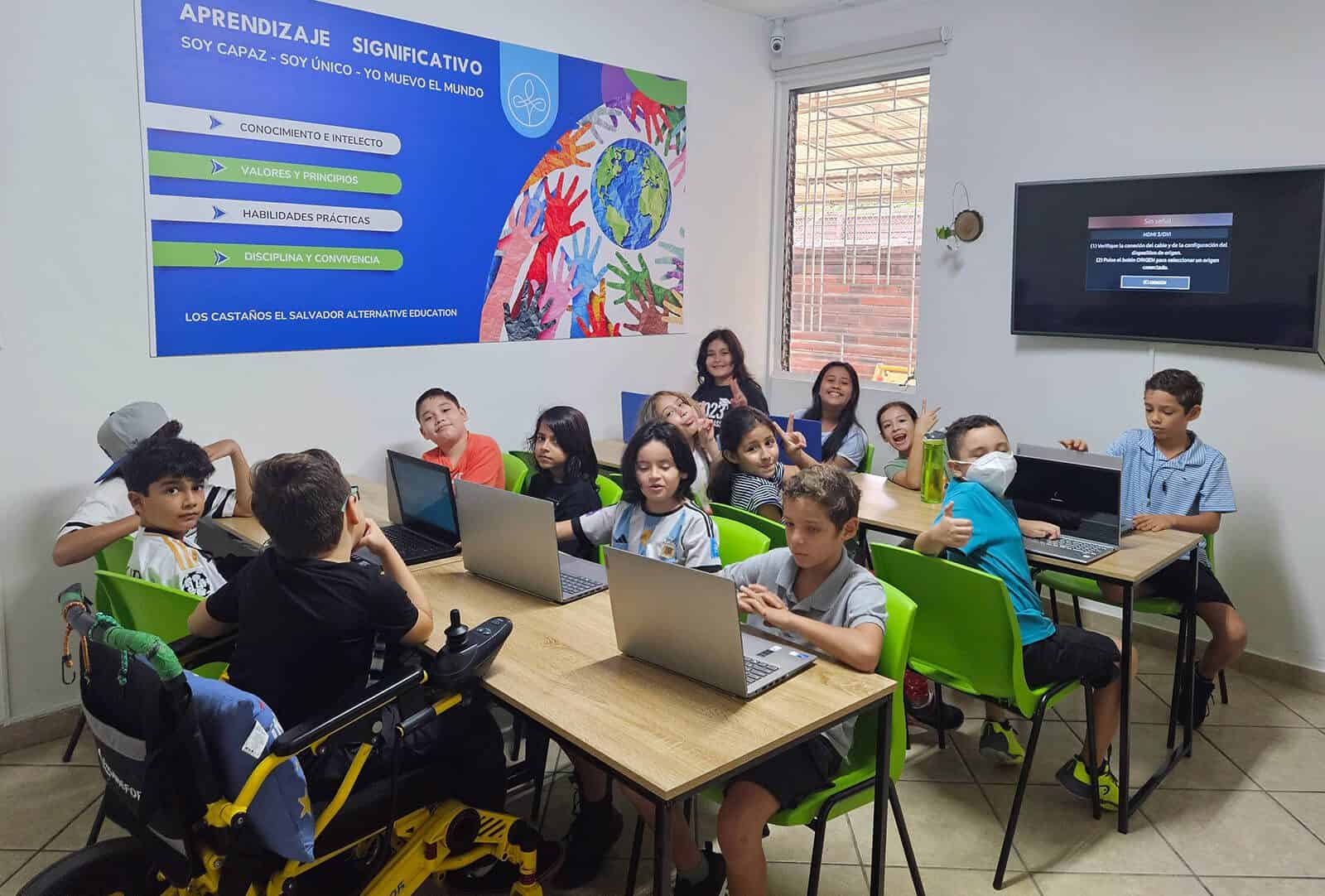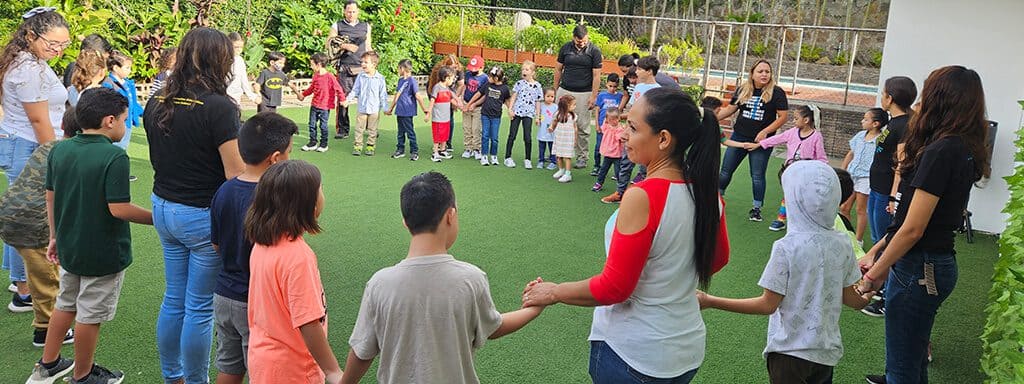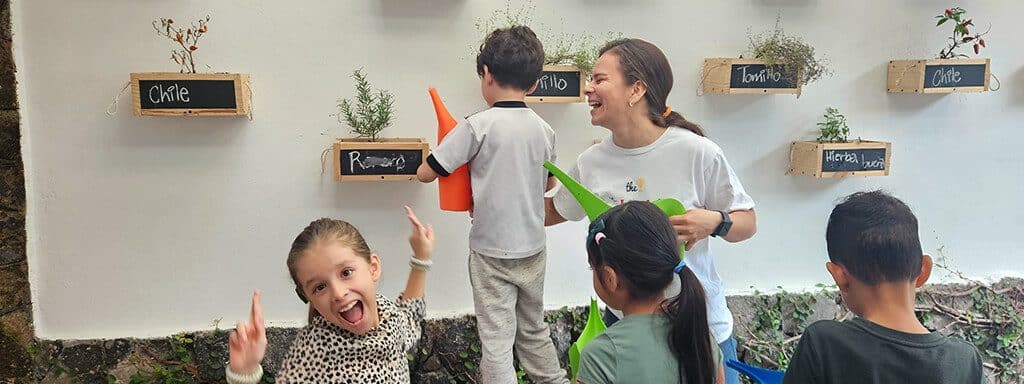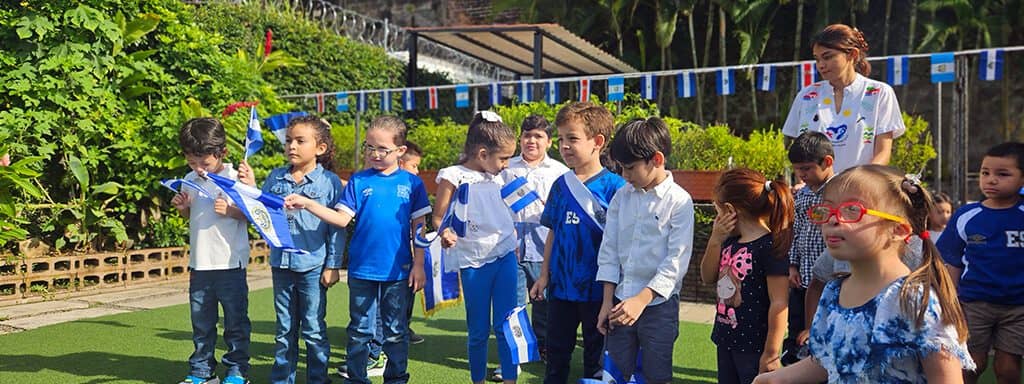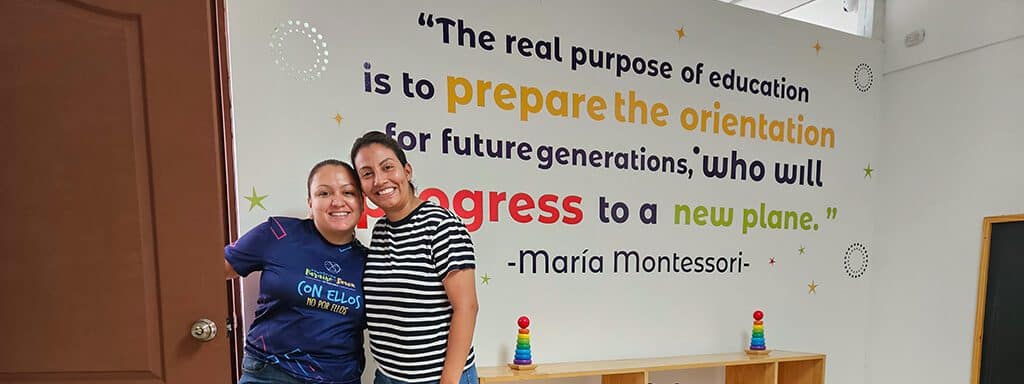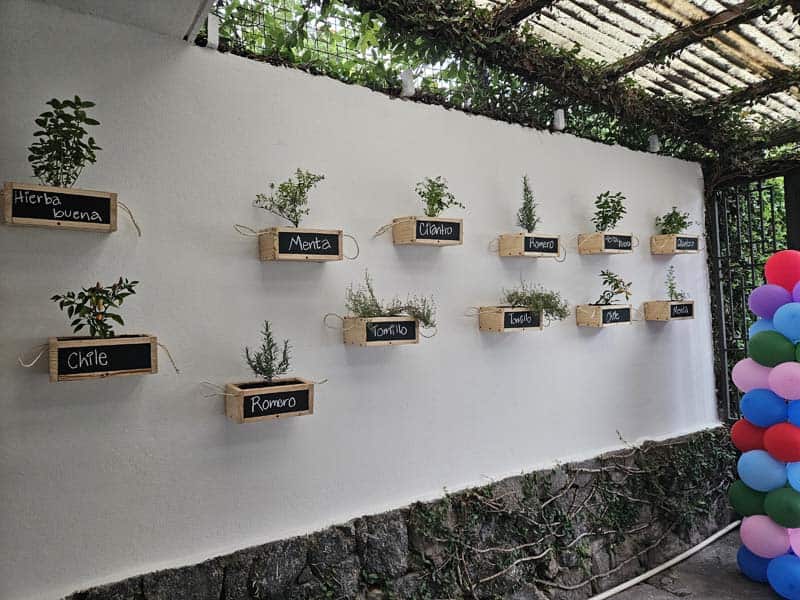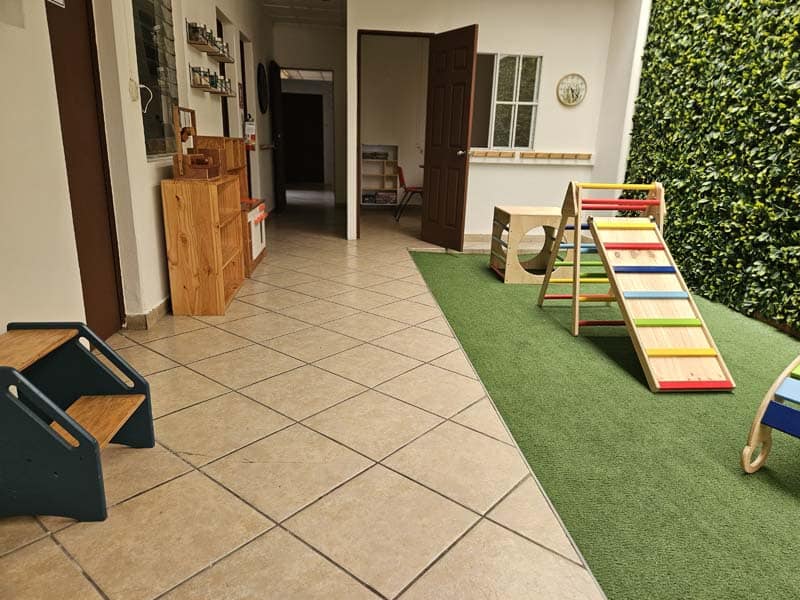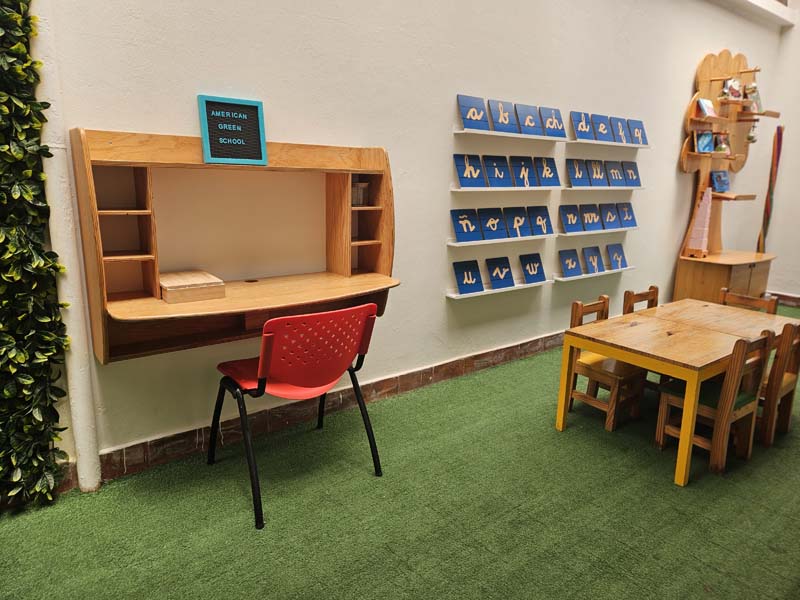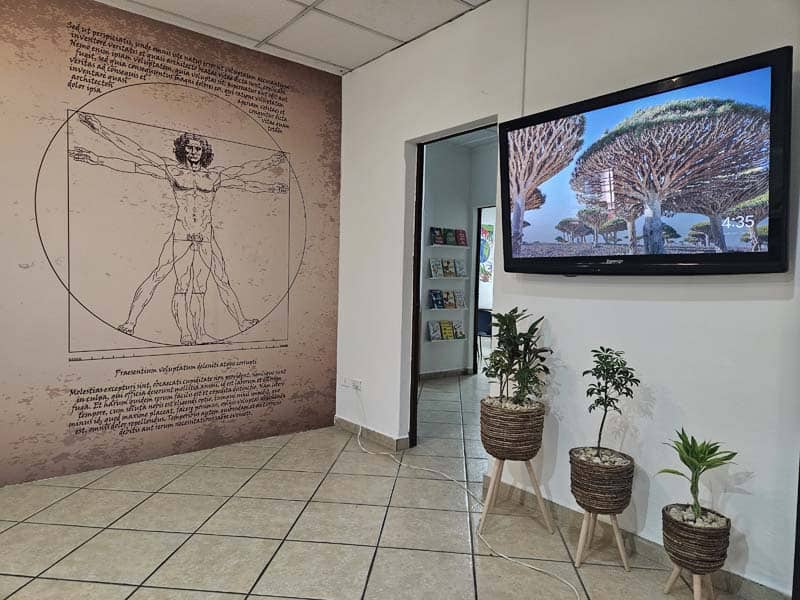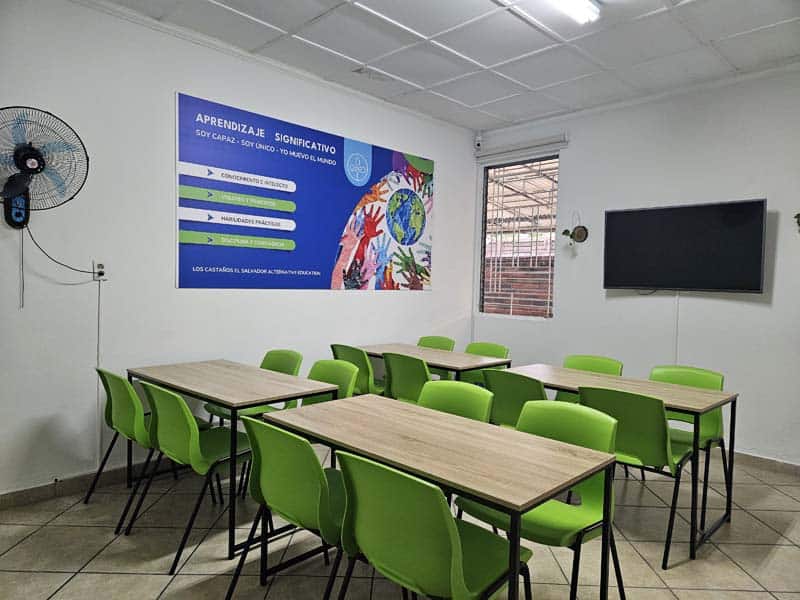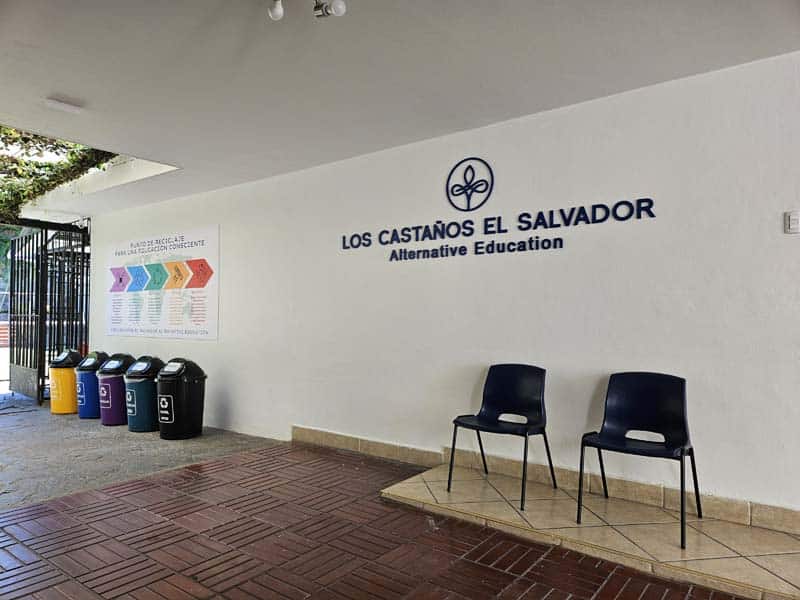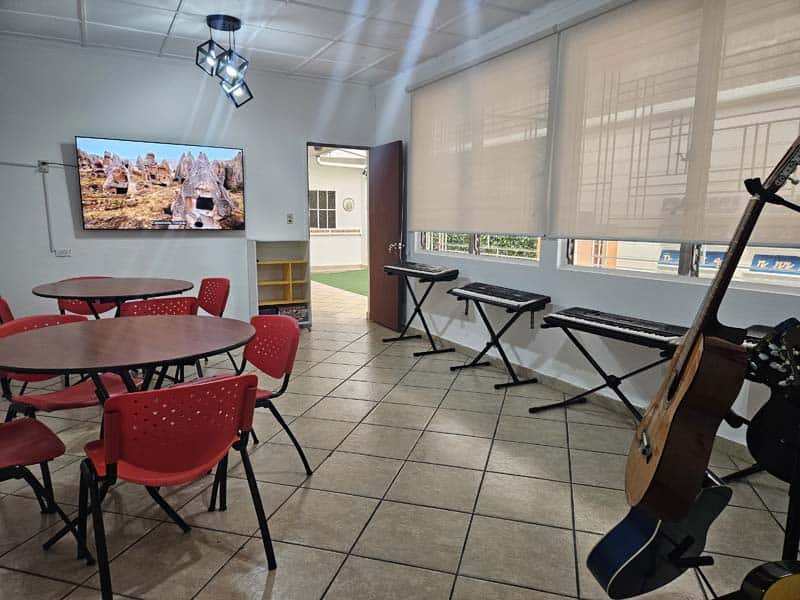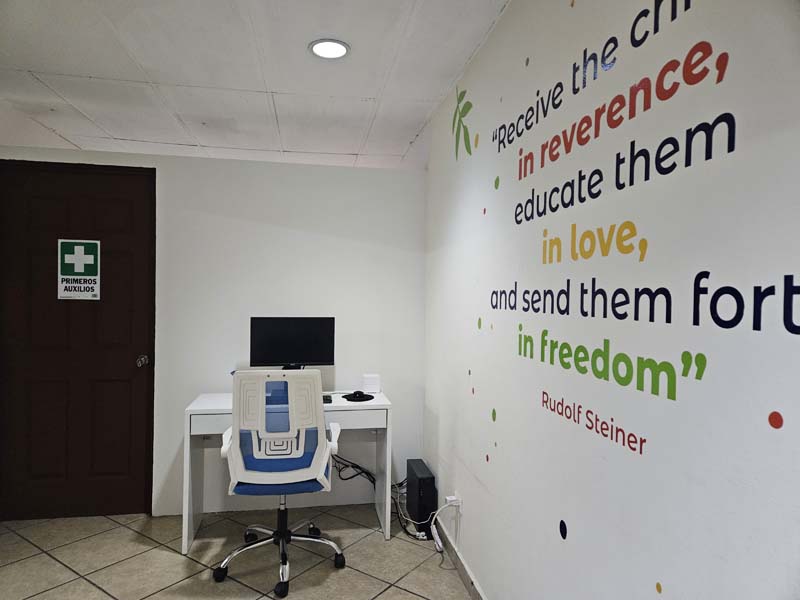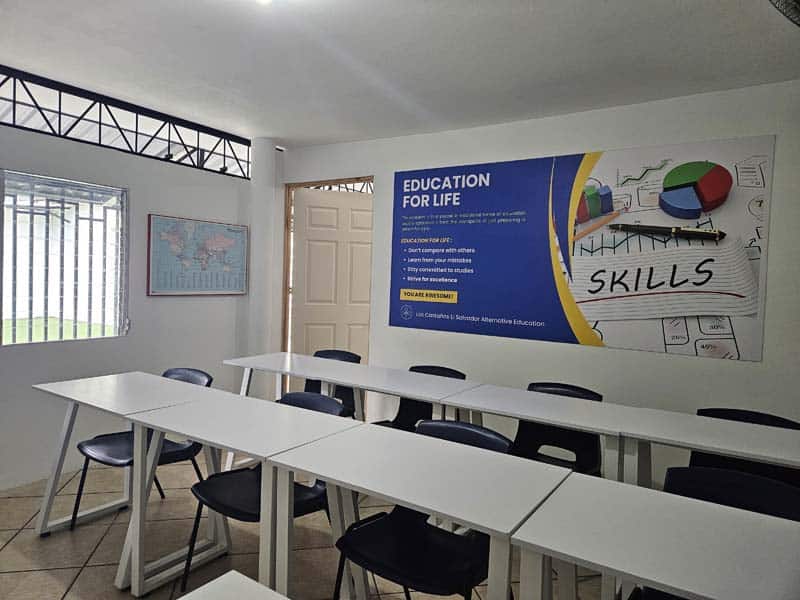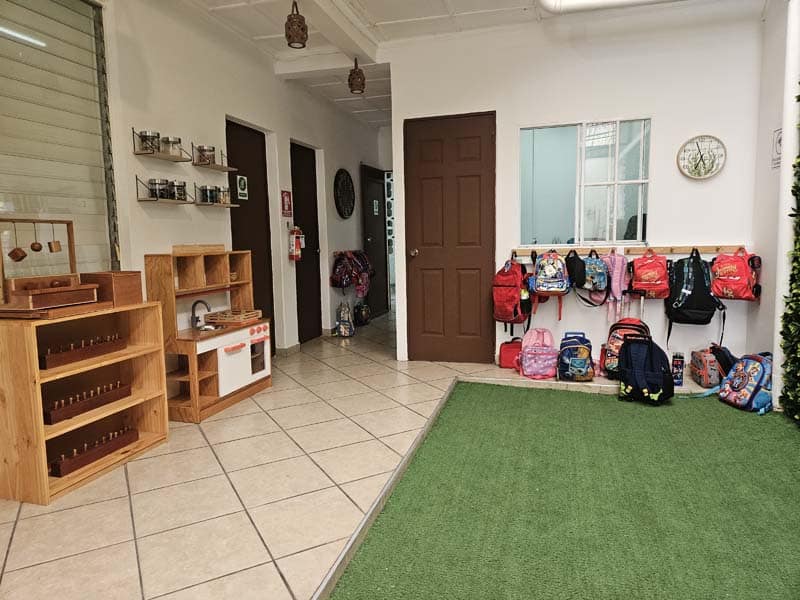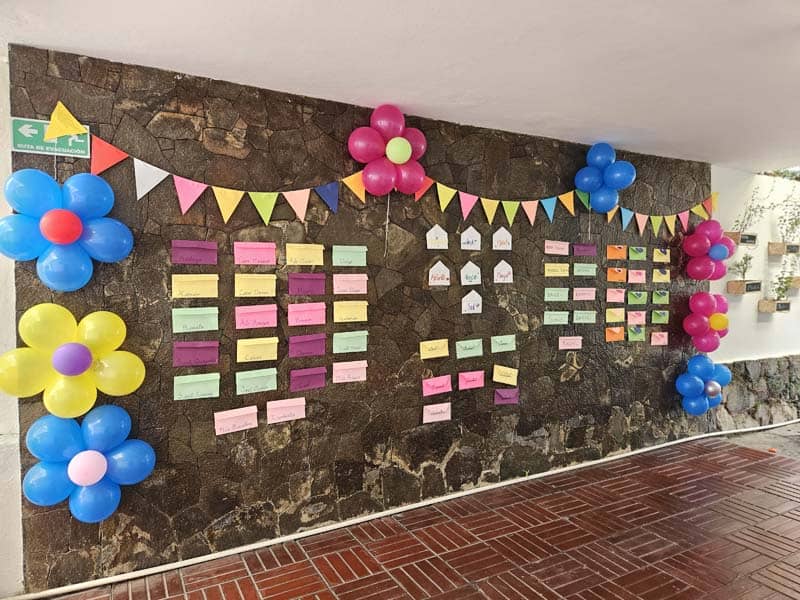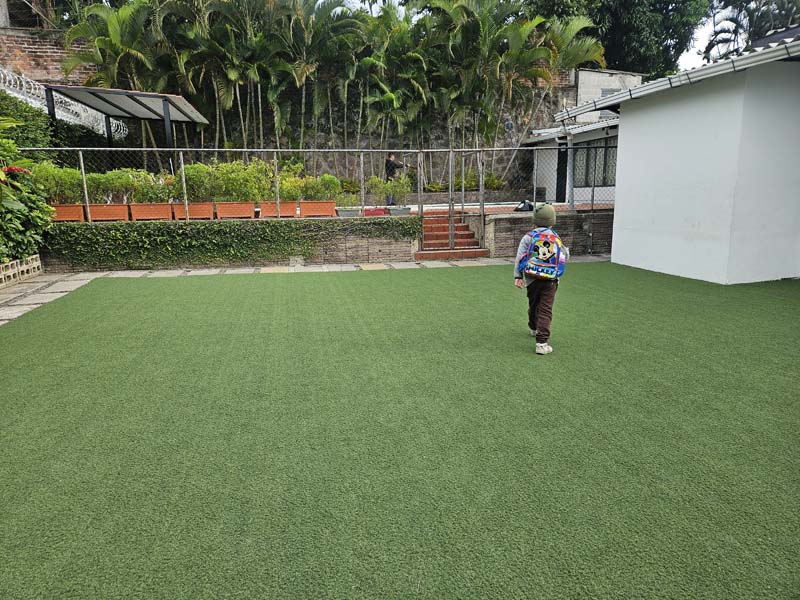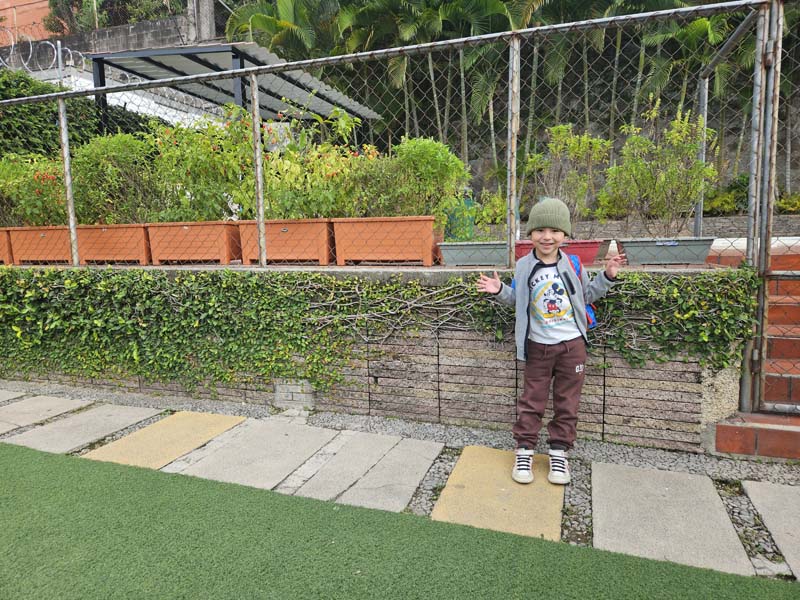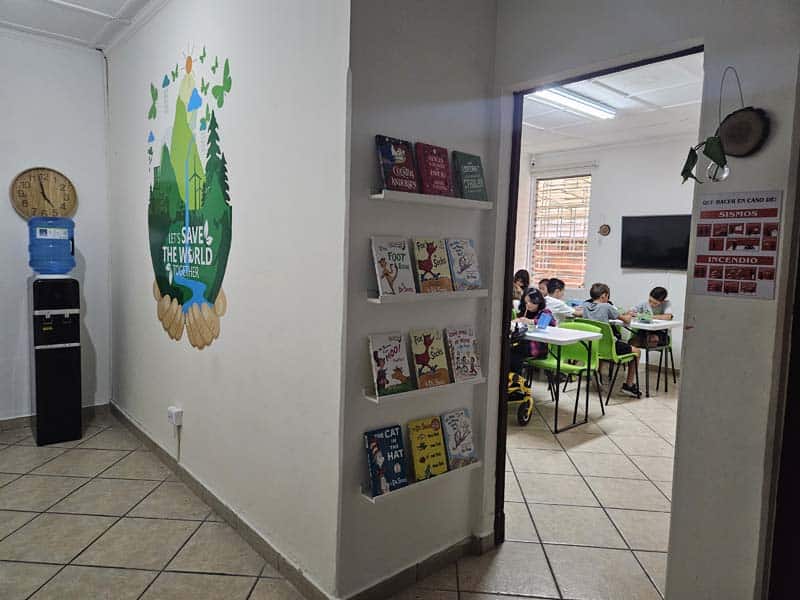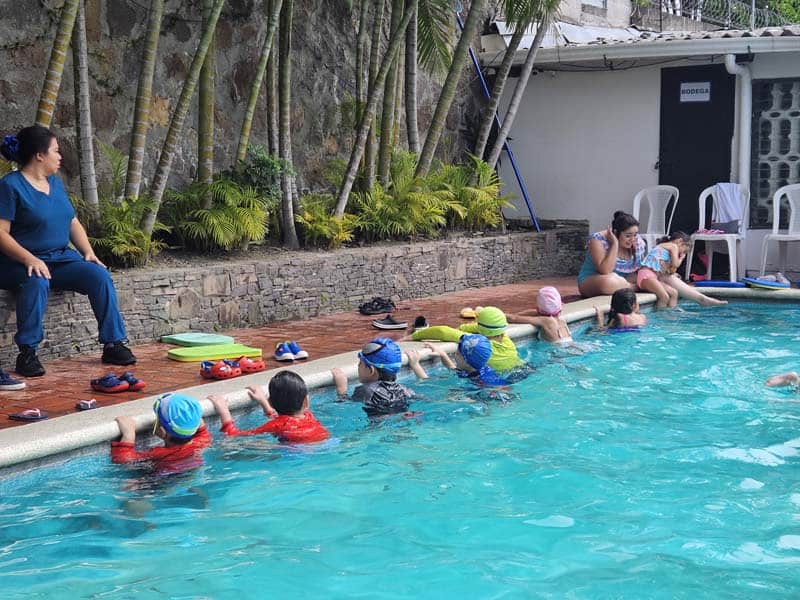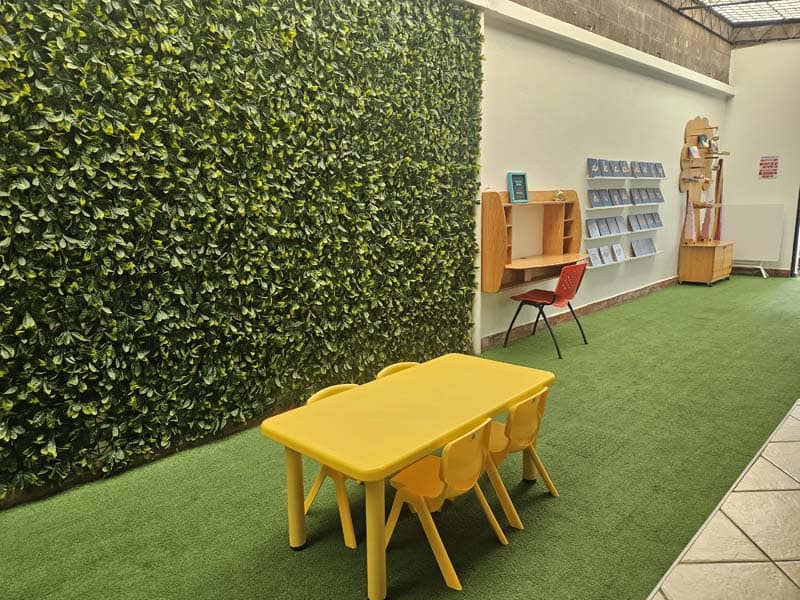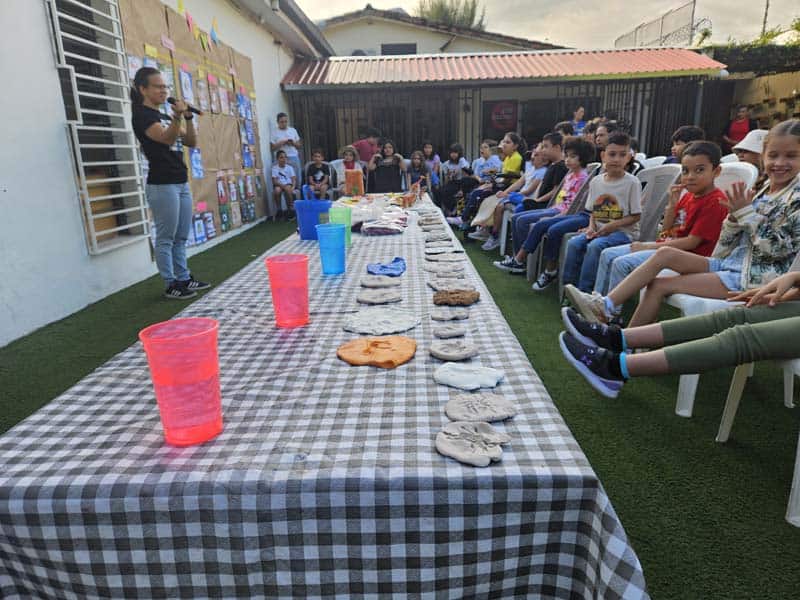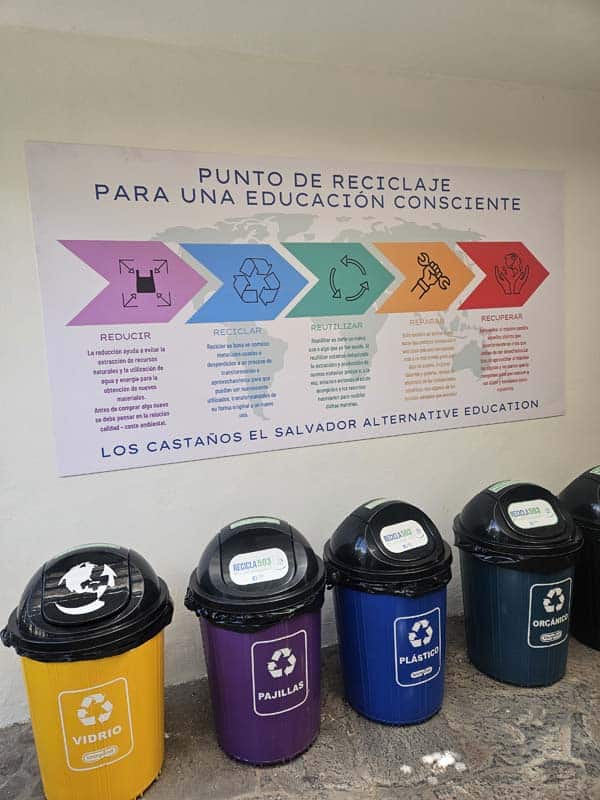Over the past few years, we’ve seen something remarkable unfold at West River Academy: a wave of growth, energy, and enthusiasm from our Spanish-speaking students and families throughout Latin America. What started as a few connections has blossomed into a vibrant network of learners, parents, and educators across South America, Central America, and Spain. As our student body has grown, so too has our team—evolving to meet the needs of this thriving community.
We now proudly work alongside five dedicated team members who support Spanish-speaking families and groups, bringing our learner-centered philosophy to life across time zones and borders. And in May, something truly special happened: for the first time ever, our Latin American team came together in person for a Spanish and English-speaking Team Meeting held in Buenos Aires, Argentina.
It was a gathering years in the making.
For many of us at West River Academy, the idea of connection—real, human, face-to-face connection—sits at the heart of our philosophy. While we’ve supported countless families virtually, there’s something magical that happens when we can be together in the same place, sharing stories, laughter, and dreams over a shared meal. That’s exactly what this trip offered: a chance to build on the strong foundation we’ve created together, but this time in person.
Karen Abe, our Group Manager, made the journey to Argentina to meet our team and visit one of our affiliated groups operating there. It was Karen’s first time in Argentina, and the experience left a lasting impression. She was immediately captivated by the beauty of Buenos Aires—the winding cobblestone streets, the European-style architecture, the rhythm of daily life pulsing with history and heart. As a passionate tango dancer of more than twenty years, Karen found herself right at home in a place where music, movement, and culture are so deeply intertwined.
During her stay, she immersed herself in the rich traditions of Argentine Tango dancing and music, soaking up every note, every step, every story. Tango is more than just a dance—it’s a language of connection and expression, much like the work we do at West River Academy. It felt like a poetic parallel: traveling across the world to witness the rhythm of a community in motion, both literally and figuratively.
The team chose to hold their gathering in La Plata, a charming town just outside Buenos Aires, which has strong cultural and historical ties to Italy. Fittingly, they shared a meal at a local Italian restaurant—where laughter and warmth filled the air as much as the aroma of fresh pasta and conversation. This meeting was not just about work—it was about belonging. It was about pausing to honor the journey they’ve each taken, and the shared purpose that has brought them together.
Our founder and director, Peggy Webb, joined the meeting via Zoom to share her gratitude, vision, and heartfelt reflections. Though thousands of miles away, her presence bridged the physical distance, underscoring just how deeply connected we all are—no matter where we live or work. Peggy listened as team members shared their experiences supporting students across Latin America and Spain, highlighting both the challenges they’ve overcome and the beautiful successes they’ve witnessed along the way.
What stood out most was the overwhelming sense of family. Though many of the team members had worked together for years, this was the first time they had hugged, laughed, and shared stories in person. What had always felt like a close-knit team now felt like an even deeper bond—a chosen family united by values, vision, and a deep commitment to empowering young people to take ownership of their education.
Karen and our Spanish Group Manager, Mili, also had the opportunity to visit one of our affiliated groups in Salta, Argentina, which operates with the same educational philosophy that guides West River Academy. This group, like so many that we support, is built on trust, curiosity, and a belief in the intrinsic motivation of every learner. Witnessing their day-to-day rhythms, listening to the stories of students and facilitators, and seeing firsthand the beauty of a learning environment shaped by freedom and respect was a powerful reminder of why this work matters.
We believe that education is not confined to a classroom or a curriculum—it’s a lifelong journey, shaped by culture, community, and connection. The visit to Argentina reaffirmed this truth and celebrated the incredible impact our Latin American team is having on families throughout the region.
We are deeply grateful for each member of our team, and especially for the heart and dedication of those serving our Spanish-speaking families. Their work often goes unseen, but its impact ripples outward every day—inspired students, empowered parents, and thriving communities. Whether they are answering questions via WhatsApp, reviewing learning documentation, or hosting local teen gatherings, they are doing so with integrity, love, and a shared belief in the limitless potential of every young person.
This trip was not just a milestone—it was a moment of celebration. A celebration of our growth, of our shared mission, and of the human connections that make all of it possible. As we continue expanding into new regions and welcoming more families into the West River Academy community, we carry with us the memories of this special gathering in Argentina and the renewed sense of purpose it sparked.

